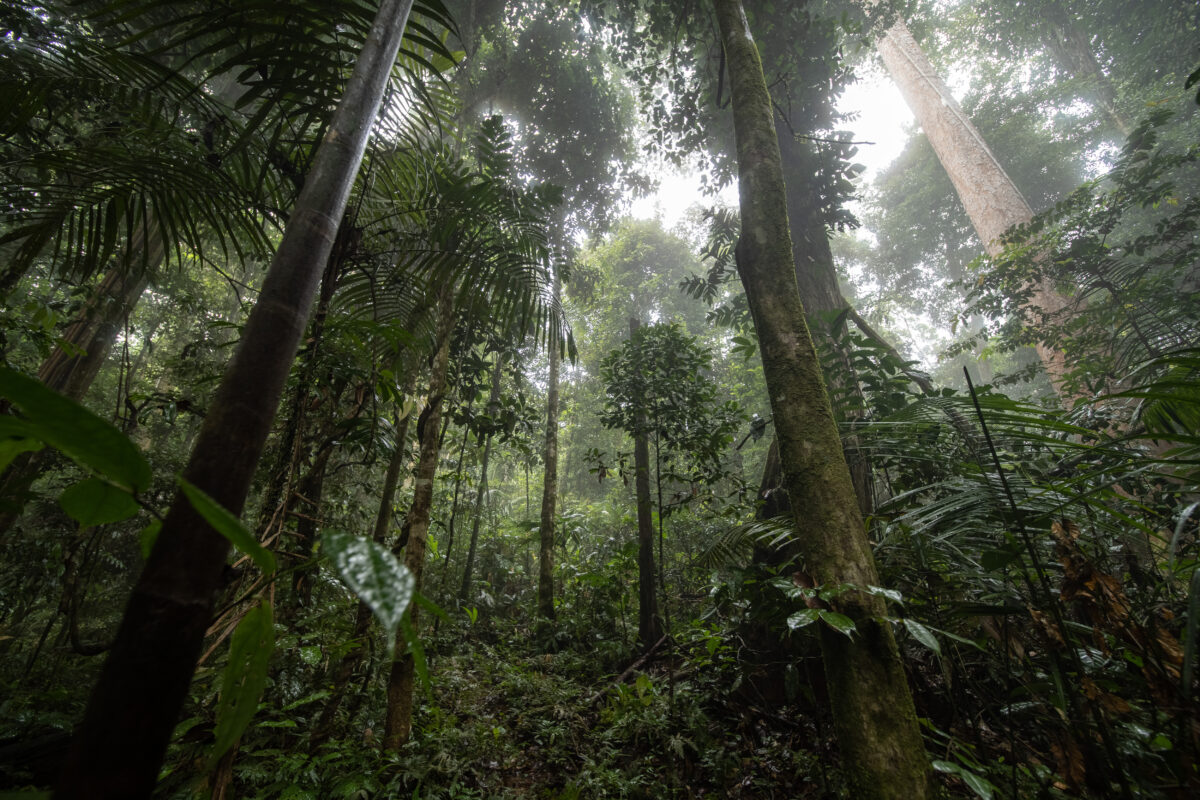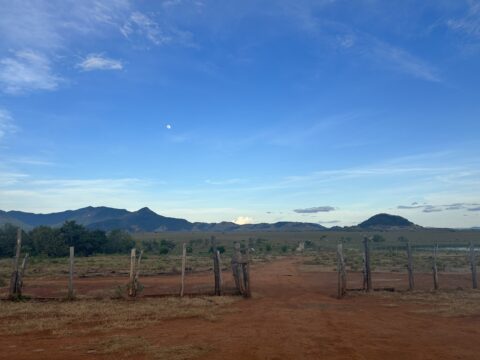CLIMATE AND ENVIRONMENT
Indigenous Land Rights and Earth Defense
Indigenous Peoples in many parts of the world lack secure tenure over their lands, despite their well-established international rights to these territories. Centuries of sustainable land stewardship and resource use is finally gaining recognition as the climate crisis advances, providing additional weight to indigenous land claims. Still, many indigenous communities are experiencing the worst climate impacts without the legal capacity to halt unwanted earth-harming activities on their lands—including deforestation, fossil fuel extraction, industrial mining, and other megaprojects.

The Indigenous Land Rights and Earth Defense project partners with communities standing up to these forces and demanding their land rights. Through a partnership with the South Rupununi District Council (SRDC), the legal representative body for the Wapichan people of the South Rupununi, Guyana, the Global Justice Clinic provides support to the territorial monitoring, legal empowerment, and earth defense activities of the SRDC.
Despite generations of effort, the Wapichan people of the South Rupununi have been granted legal title to only some portions of their customary lands. Therefore, a key priority for the SRDC is recognition by the Guyanese government of Wapichan title over their undivided territory. The SRDC uses participatory mapping—in which the community identifies and maps its traditional occupation and use of land, through traditional names, places, and practices using GIS technology—as part of its land rights and territorial management strategy.
Community-generated maps form the backbone of the SRDC’s monitoring program, in which trained villagers document external activities in Wapichan wiizi (territory) such as mining, logging, and road construction. The SRDC’s community monitors not only document activities on Wapichan territories, they also gather evidence about the impacts of these activities. Monitors use smartphones to capture systematic data, photos, and videos, and deploy water testing equipment to assess the impacts of mining and other activities on water resources, as well as documenting changes resulting from climate change. In 2018, the SRDC published its first Wapichan Environmental Monitoring Report.
The Clinic supported the SRDC’s introduction of scientific water testing into its monitoring program, and its successful efforts to have Guyana’s Environmental Protection Agency recognize key deficiencies in a mining company’s environmental impact assessment, and for the Guyanese president to promise concrete action to halt illegal activities in Wapichan territories following a personal audience with him.
The SRDC uses its maps and data as the basis for environmental and land rights advocacy at the domestic and international levels. In support of these efforts, the Clinic has:
- created know your rights tools for the SRDC on the right to water and community rights in relation to mining, as well as legal field guides to support community monitors.
- supported several submissions by the SRDC to the UN human rights system, and accompanies women earth defenders in their efforts to advance self-determination.

Carbon Markets, Forests and Rights
An Introduction Series for Indigenous Peoples
Many indigenous communities have expressed that to make informed decisions about how to engage with carbon markets, they need accessible information about what these markets are, and how participating in them may affect their rights. In response to this demand for information, the Global Justice Clinic and the Forest Peoples Programme have developed a series of introductory materials about carbon markets.

Community-led monitoring in Guyana essential to Indigenous justice systems and access to justice
Submission to the UN Special Rapporteur on the independence of judges and lawyers
A recent submission by the South Rupununi District Council (SRDC) – the representative institution of the Wapichan people – and the Global Justice Clinic (GJC) highlights the importance of community monitoring to Indigenous justice systems and access to justice, and calls for greater government recognition and collaboration with Indigenous led community monitoring efforts. GJC has partnered with the SRDC since 2016.


